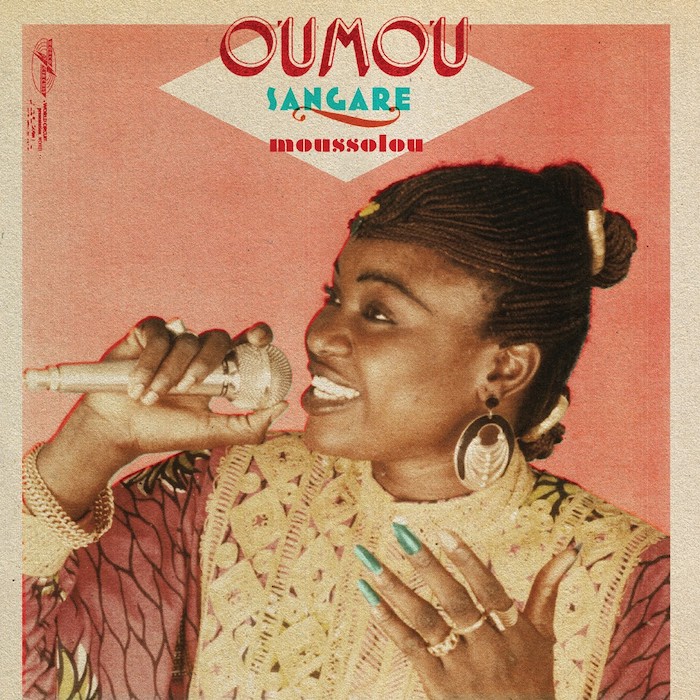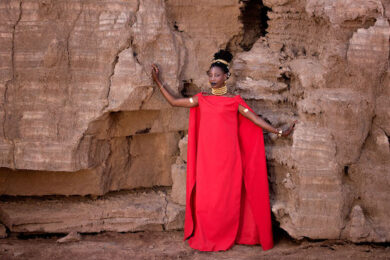I grew up with Oumou Sangaré’s music. Oumou is the youngest icon that we have that the world knows. She’s the one that really took this tradition to the world. I’m very proud of her because I’m following what she started. It’s important to share what we have – our culture, and the image of a female on stage. She’s beautiful, so elegant, and also has such a great voice. She sings deeply and in a traditional style, and to reach the world with this style of music, it wasn’t easy. The fact that she’s singing in Bambara, and also using this traditional instrument – which is the Kamele Ngoni – maybe she wouldn’t be understood. But she did it. So today we follow the same path. Because after her you don’t have any doubt, you know that it’s possible.
Did you find when you first moved to France that there was much of an audience for Malian music?
Yes, I was lucky. Through Ali Farka Touré, the door was opened, there were no borders for Malian music. We do have our audience in the world and it’s not because of me. It’s because of the generation before, like Toumani Diabaté, Ali Farka Touré, Salif Keita, Amadou and Mariam. They did the job very well. So today, as a Malian, I’m so proud, because I don’t have any doubts about my traditional music. Even if I tend to go more pop/rock, on stage, I still sing in Bambara and I still keep my soul as it is, natural.



